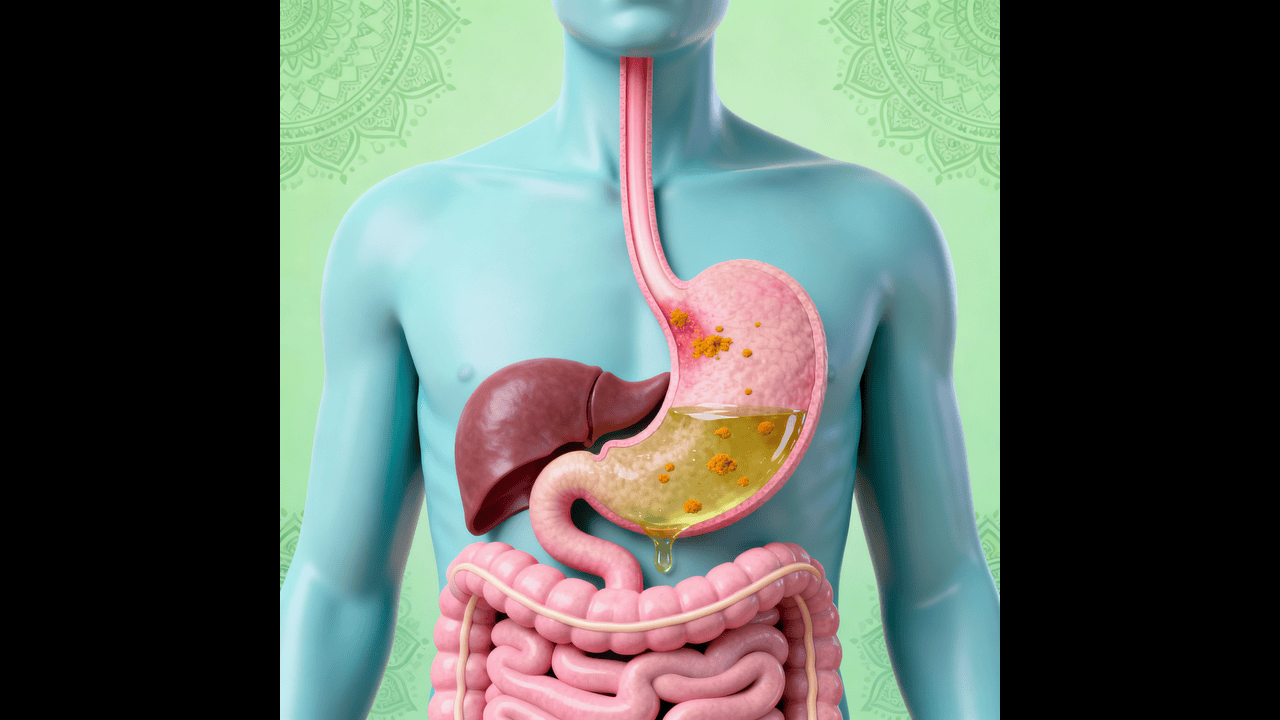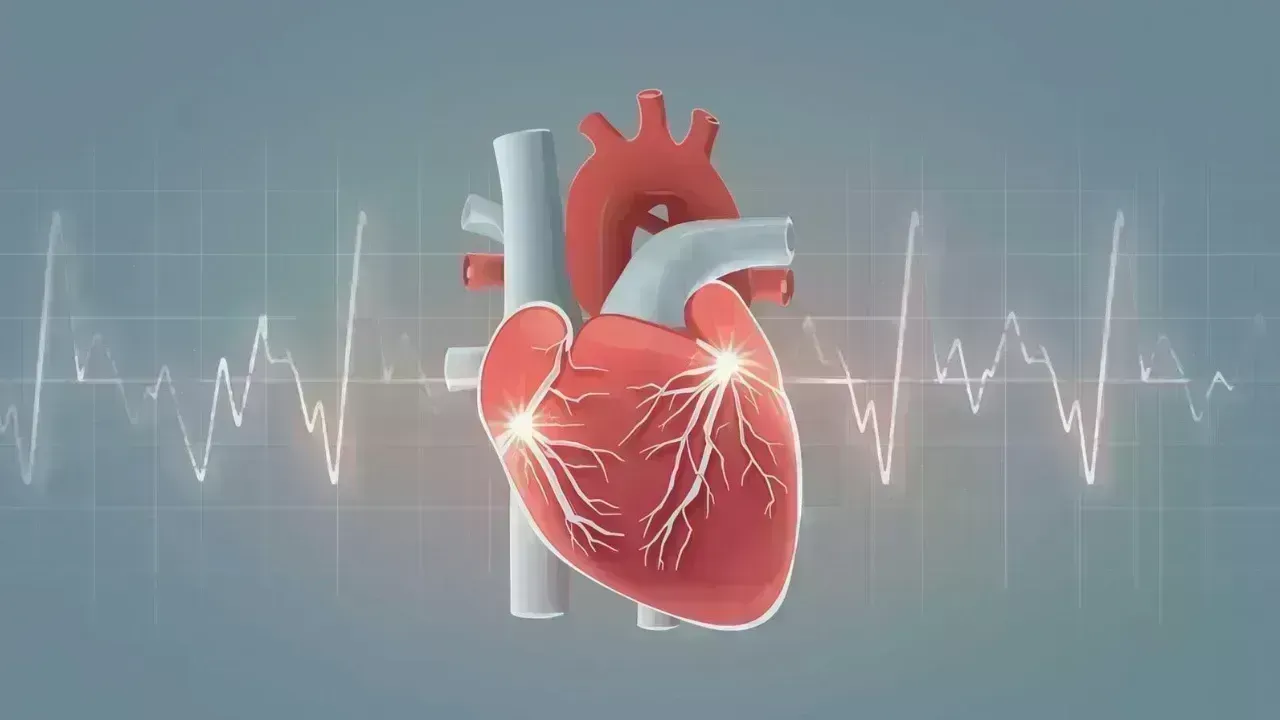
Post by : Shivana Rahim
Cortisol, often called the “stress hormone,” plays a pivotal role in numerous physiological functions, including metabolism, immune response, and muscle maintenance. Among these, its impact on hip muscles is particularly important for mobility, stability, and overall lower body strength. Understanding cortisol’s effects is essential for anyone looking to maintain hip health, recover from injury, or optimize physical performance.
Cortisol is produced by the adrenal glands and is released in response to stress, low blood sugar, or physical exertion. While essential for short-term energy regulation, prolonged high cortisol levels can have detrimental effects on muscle tissue, particularly the hip and lower back regions.
Elevated cortisol levels increase protein breakdown in muscle tissue, a process called catabolism. Over time, this can reduce muscle mass, impair strength, and increase susceptibility to hip injuries. Research shows that targeted exercise and dietary interventions can mitigate these effects.
Targeted exercises can help preserve and build hip muscle mass even under elevated cortisol conditions. Recommended exercises include:
Incorporating stretching, yoga, and foam rolling can reduce stiffness, enhance blood flow, and counteract cortisol-induced tightness in the hip region.
High-quality protein supports muscle repair and growth. Include lentils, paneer, eggs, and lean meats in your diet.
Since many Indian diets are spicy or heavy, which can exacerbate acid reflux, here are some gentle recipes that also support muscle recovery:
Boil dal with turmeric, add ghee, and finish with lemon juice for a soothing, protein-rich soup.
Blend ingredients for a nutrient-dense, reflux-friendly breakfast supporting hip muscle repair.
Cook all ingredients together, lightly spiced. Provides protein, fiber, and easy digestibility for gut health.
Quality sleep is essential for cortisol regulation and muscle recovery. Aim for 7–9 hours per night and maintain consistent sleep-wake cycles.
Meditation, deep breathing, and light physical activity can lower cortisol levels, indirectly preserving hip muscle strength.
Use resistance bands or bodyweight exercises to measure improvements in strength and mobility over time.
Periodic blood tests can help monitor cortisol levels, ensuring your dietary, exercise, and lifestyle interventions are effective.
Understanding cortisol’s impact on hip muscles empowers you to make informed choices about exercise, diet, and stress management. By integrating targeted workouts, reflux-friendly Indian recipes, and lifestyle practices, you can maintain hip strength, reduce injury risk, and support overall wellness.










NBA Friday Recap: Powerhouse Wins for Miami, LA, Milwaukee, and Clippers
Miami, LA Lakers, Milwaukee, and Clippers triumphed in a thrilling NBA Friday, showcasing standout p

Doncic Shines with 49 Points in Lakers' 128-110 Victory over Timberwolves
Luka Doncic dazzles with 49 points as the Lakers secure a 128-110 win against the Timberwolves, show

Kings Triumph Over Jazz 105-104 with Last-Minute Sabonis Effort
The Sacramento Kings edged out the Utah Jazz 105-104, with Domantas Sabonis making the decisive shot

Argentina's Friendly Match Against India Delayed, New Date to be Announced
The friendly match between Argentina and India in Kochi has been postponed due to FIFA approval dela

Rohit and Kohli Conclude ODI Journeys in Australia with a Victory
Rohit Sharma and Virat Kohli bid adieu to Australian ODIs with a final win, forming a 168-run partne

George Russell's Wrestling Mask Antics at Mexican Grand Prix
George Russell donned a wrestling mask to enjoy the Mexican Grand Prix from the stands, providing a